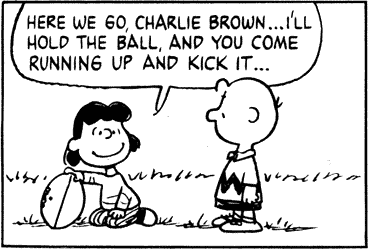 PlainsCapital asserted federal jurisdiction over a collection action on two large notes, contending that it would have to establish holder in due course status under federal law to recover (the notes came to PlainsCapital via assignment from the FDIC after a bank failure). The Fifth Circuit disagreed, reversing the district court’s summary judgment for the bank. As to the well-pleaded complaint rule, the Court observed: “PlainsCapital conflates the terms ‘holder’ and ‘holder in due course.’ A ‘holder is ‘the person in possession of a negotiable instrument that is payable either to bearer or to an identified person that is the person in possession. By contrast, a party’s status as a holder ‘in due course’ merely ‘determines the applicable defenses which a defendant . . . ‘ may assert.” PlainsCapital Bank v. Rogers, No. 16-41654 (Oct. 25, 2017).
PlainsCapital asserted federal jurisdiction over a collection action on two large notes, contending that it would have to establish holder in due course status under federal law to recover (the notes came to PlainsCapital via assignment from the FDIC after a bank failure). The Fifth Circuit disagreed, reversing the district court’s summary judgment for the bank. As to the well-pleaded complaint rule, the Court observed: “PlainsCapital conflates the terms ‘holder’ and ‘holder in due course.’ A ‘holder is ‘the person in possession of a negotiable instrument that is payable either to bearer or to an identified person that is the person in possession. By contrast, a party’s status as a holder ‘in due course’ merely ‘determines the applicable defenses which a defendant . . . ‘ may assert.” PlainsCapital Bank v. Rogers, No. 16-41654 (Oct. 25, 2017).
Category Archives: UCC – Article 3
In Jones v. Wells Fargo Bank, the Court affirmed liability for conversion when a bank “reaccepted [a check] into an account other than that of the named payee, without the proper endorsement.” No. 11-10320 (Jan. 9, 2012). The opinion provides detailed discussion of basic topics in the law of checks: who has the rights of a “holder” under UCC Article 3 (op. at 4-6), proper safeguards for check endorsements (op. at 8-10), and accountholder responsibilities for review of a bank statement. (Op. at 11-13) The opinion concludes with review of the “in pari delicto” defense, a significant issue in some corporate governance cases, and notes how the defense can apply differently to receivers as compared to bankruptcy trustees. (Op. at 13-18)